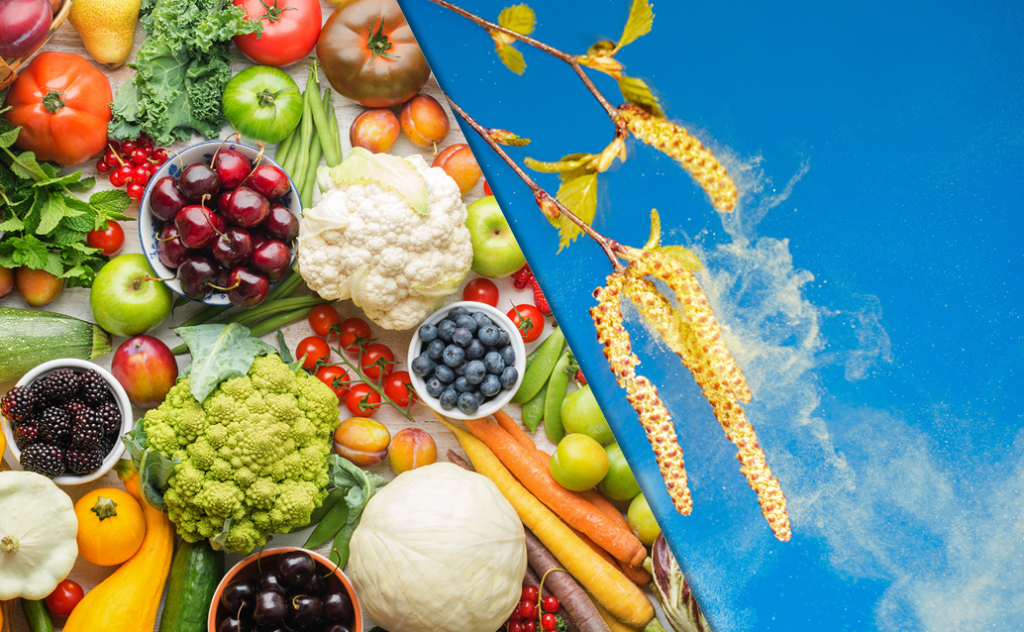
People grow up knowing we have four seasons: spring, summer, fall/autumn and winter. With a historical context in harvesting, changes in lengths of daylight and climate, today’s seasons are mostly symbolic and become a way to break the year into four quarters. But they aren’t completely disconnected from our lives either, as evidenced by two common seasonal topics: seasonal allergies and seasonal eating. So how do the seasons impact our health and wellbeing in these areas?
Seasonal Allergies
Each year, people around the world experience shifts in temperature and precipitation. These shifts vary depending on your location and various regional factors, and can cause our bodies to react with seasonal allergies. These allergies range from mildly irritating to severely debilitating. Americans spend more than $18 billion related to non-food related allergies, with around 30% of that being spent on over the counter medications. Leaving allergies unchecked can lead to more serious illnesses such as bronchitis, pneumonia and even fractures and strains of the chest.
As with any medication or treatments, you should consult your physician. It’s common for people to skip the doctor when it comes to allergies, but you shouldn’t. They will provide the best allergy management options for your situation.
Seasonal Eating
Seasonal eating is a nutritional trend that’s usually described as going back to our roots when it comes to the food we eat. The idea is to only eat what is locally available right now. Nowadays we can get any fruit or vegetable in the store, regardless of what season it is. Vegetation is shipped in from various regions, countries and continents to make sure we can always get what we are craving.
Why should we limit ourselves when we have almost every vegetable and fruit available to us? The main benefits are in higher nutrition and bioavailability. When food is shipped across the land, sea and sky, the food needs to be altered to reach you safely. Wax coatings, gaseous storages and chemical sprays help keep spoilage at bay while your produce awaits your purchase. This is why the apple you just bought might actually be 10 months old!
Even with this spoilage protection, the nutritional value of an out of season carrot is less than one purchased at the local farmer’s market. In many cases, even frozen produce may have more nutrients than fresh, store-bought out-of-season produce due to the quick freezing process and short period the plant spends harvested. Next time you’re at the market, take a second to think where that zucchini came from and if that zucchini is currently in season. There are plenty of seasonal eating guides that can help.
Become the driver of health habits in classrooms and communities. Explore our fully online M.Ed. in Health and Wellness Education or our nursing programs.

